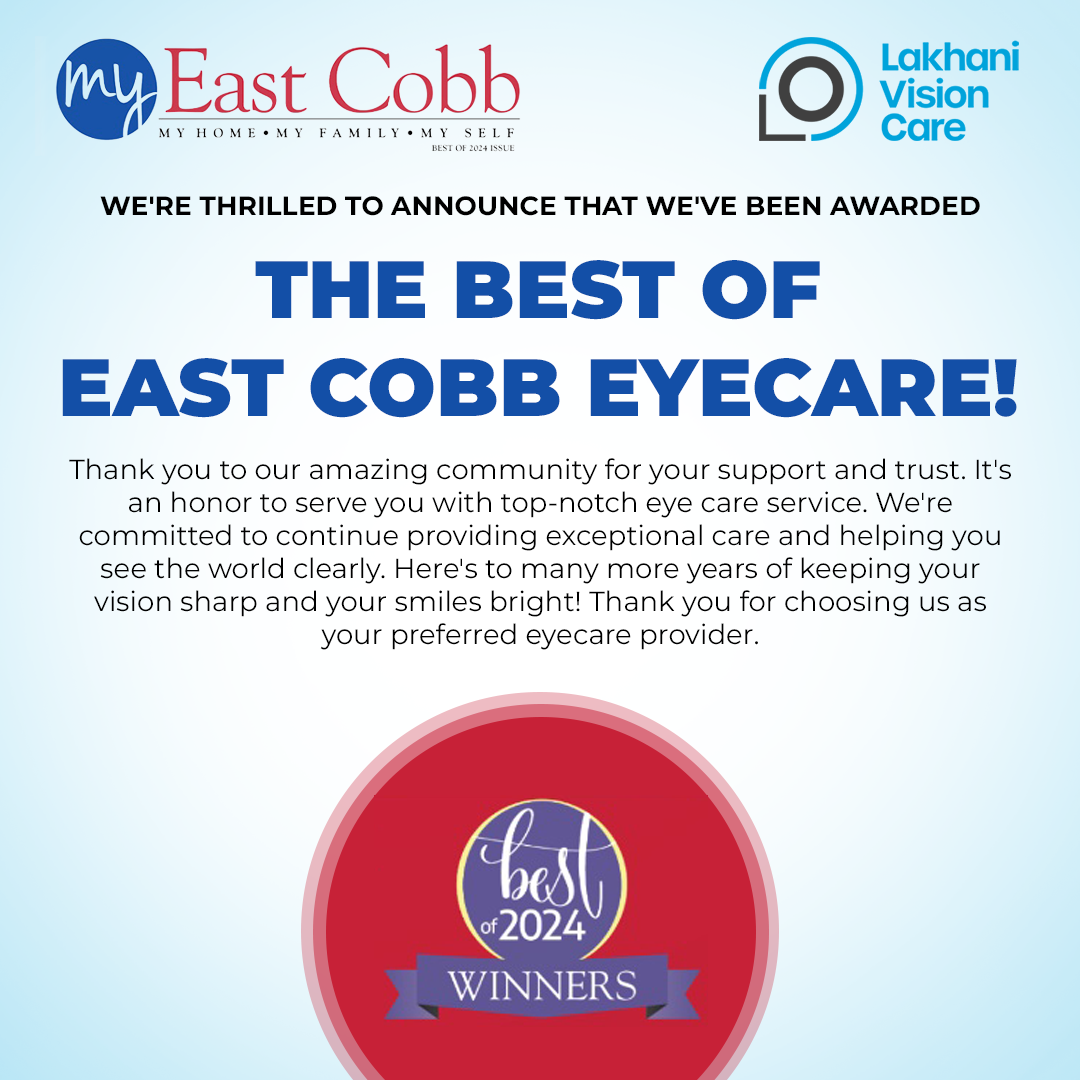
Do you ever wonder what spending too much screen time does to your eyes? The eye is always taking in different forms of light to help with vision. With more and more people using computers and other digital tools, the eye takes in a lot of blue light from these devices.
When you look at your phone at night in the darkness of your room, stare at your laptop at work the entire day, or when you return home from work and watch TV or scroll social media, you are exposing your eyes to lots of blue light.
What does this do to your eyes? Here is everything you need to know.
What Is Blue Light?
The light that you see has several colors – red, yellow, orange, blue, green, indigo and violet. You may know them as the colors of the rainbow. All these colors form the white light you see when the sun is out.
Each of these colors has different colored wavelengths and levels of energy. Shorter wavelengths have high energy and are dangerous to living things. Longer wavelengths have low energy and also have their risks but are not as dangerous as shorter wavelengths. Extremely short wavelengths such as gamma rays and X-rays can easily harm living tissue. Blue light is a light with a blue wavelength that is shorter and has higher energy compared to the other colors.
Where Does Blue Light Come From?
The sun is the main source of blue light. Most of your contact with blue light happens when you go outside during the daytime. But blue light is also present in phone and computer screens, LED lighting, and fluorescent lights.
Why Is It Bad?
To some degree, exposure to blue light is not harmful. Blue light is supposedly helpful during the day as it helps you see during the daytime as well as keeps you awake. But there are concerns about long-term exposure to blue light. Studies show a connection between blue light and eye damage with too much exposure to blue light. Here is how blue light affects your eyes.
Digital Eyestrain
If you spend over two hours every day on your computer screen, you may experience some degree of digital eyestrain. Symptoms include mild headaches, eye exhaustion, blurry vision, burning eyes, eye twitches, and loss of focus. Wearing prescription eyeglasses with blue light filters and using anti-glare phones and computer screens will help reduce the strain.
Retinal Damage
You risk damaging your retina. The retina is the part of your eye that transforms light for your brain to process into pictures. Damage to your retina can trigger eyesight problems such as age macular degeneration (AMD), cataracts, eye cancers, and tumors.
Interference With Your Sleep Cycle
Exposure to blue light during the night may also affect your sleep cycle and make it harder for you to get sleep. That is because blue light stops your body from producing the sleep hormone (melatonin). This function of blue light is helpful during the day but not at night.
To find out more about blue light and why it is bad, visit us at Lakhani Vision Care in Marietta, Georgia. For appointments, call 770-509-9932 today.











